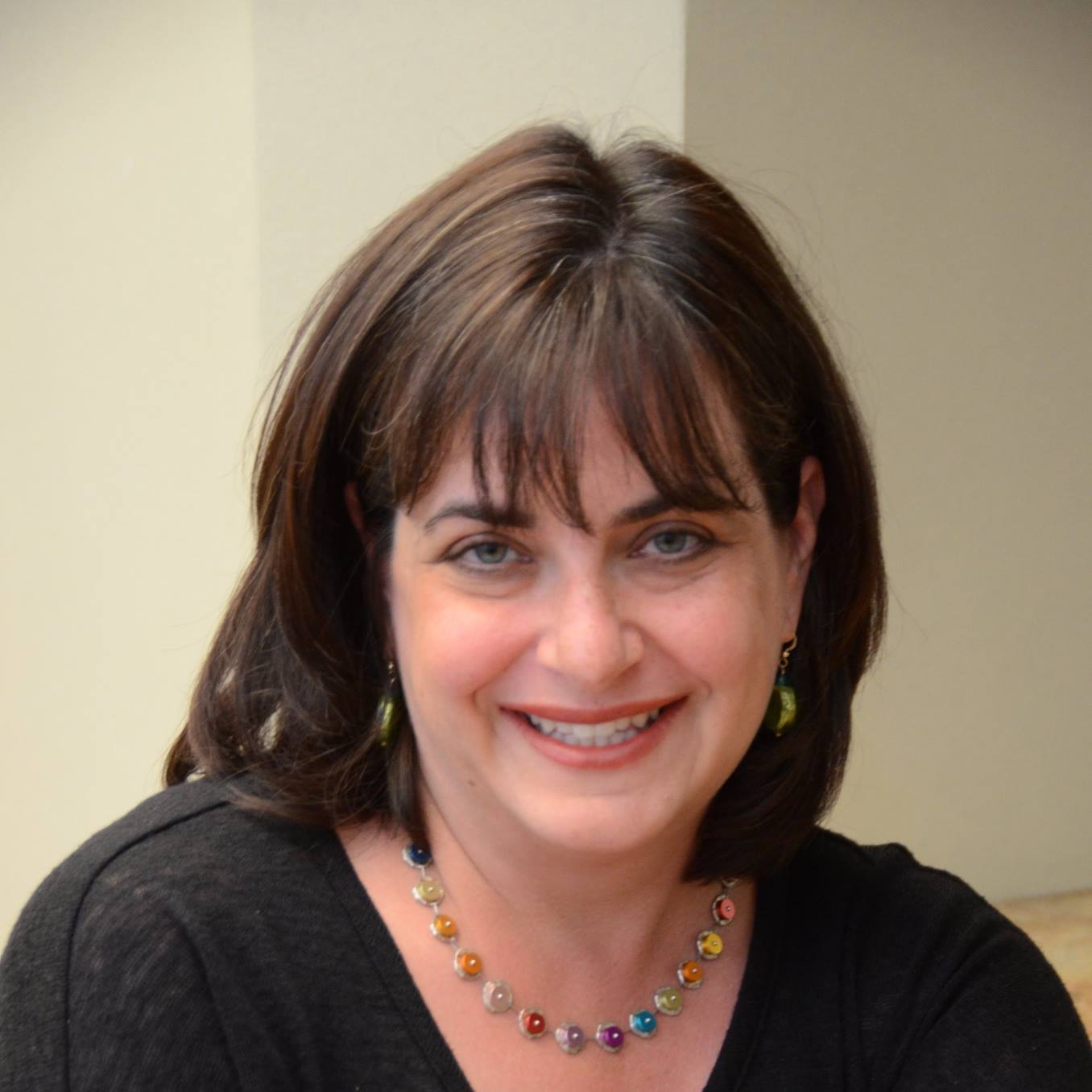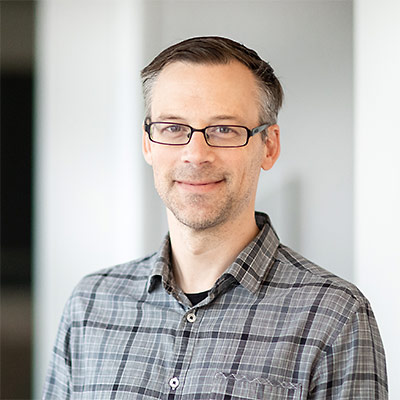Ceci Chan Wanted to Reduce Racism, Hatred, and Violence. So She Focused on the Holocaust.
It was really just a coincidence that in her efforts to reduce racism, hatred, and violence, some of Ceci Chan’s earliest work with USC Shoah Foundation involved the Nanjing Massacre.
Chan, a strategic investor and philanthropist, had been funding projects around Holocaust education for 13 years when she met USC Shoah Foundation Finci-Viterbi Executive Director Stephen Smith at a Shabbat dinner while both were attending the USC Global Conference in Hong Kong in the fall of 2011.

